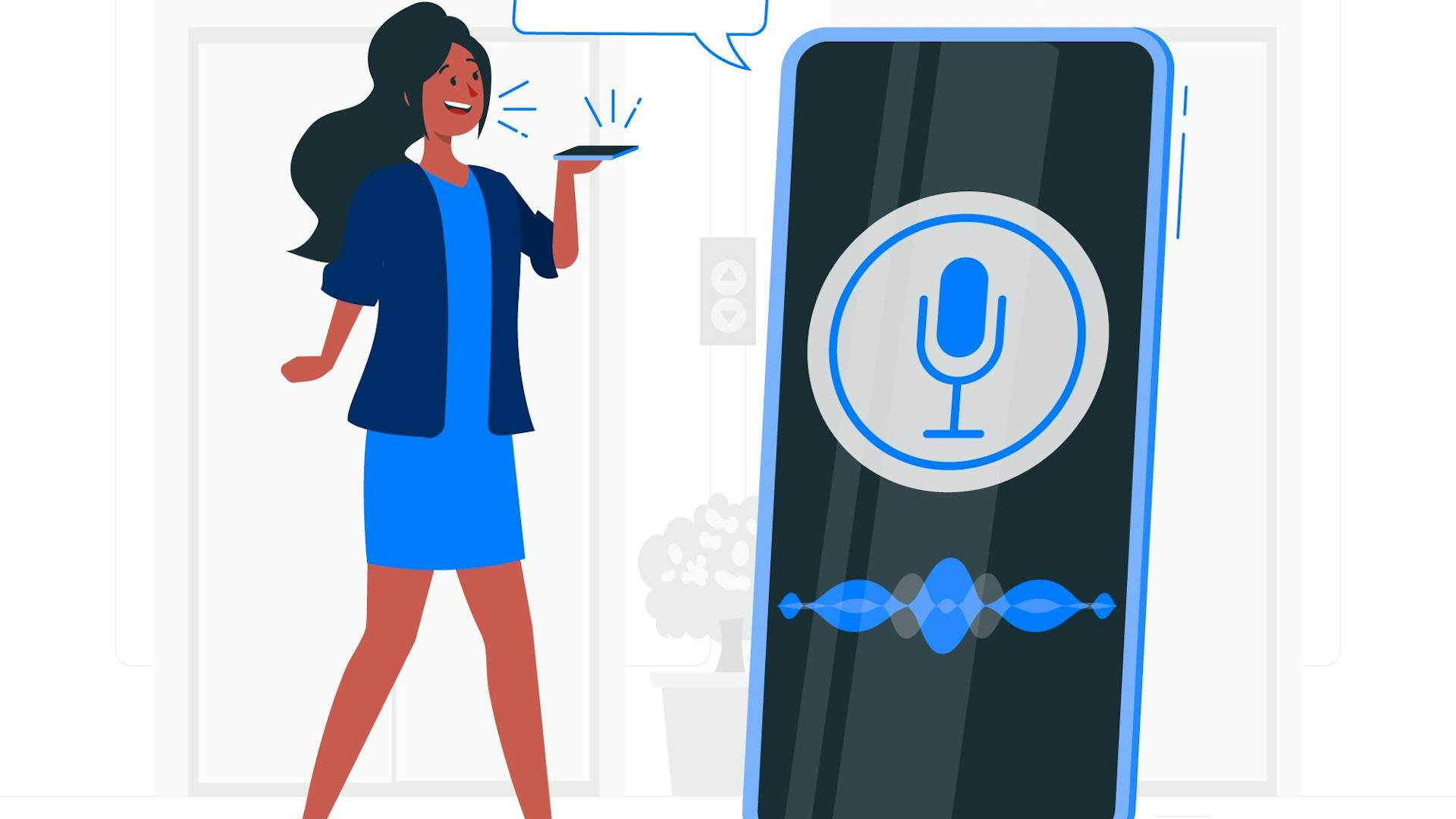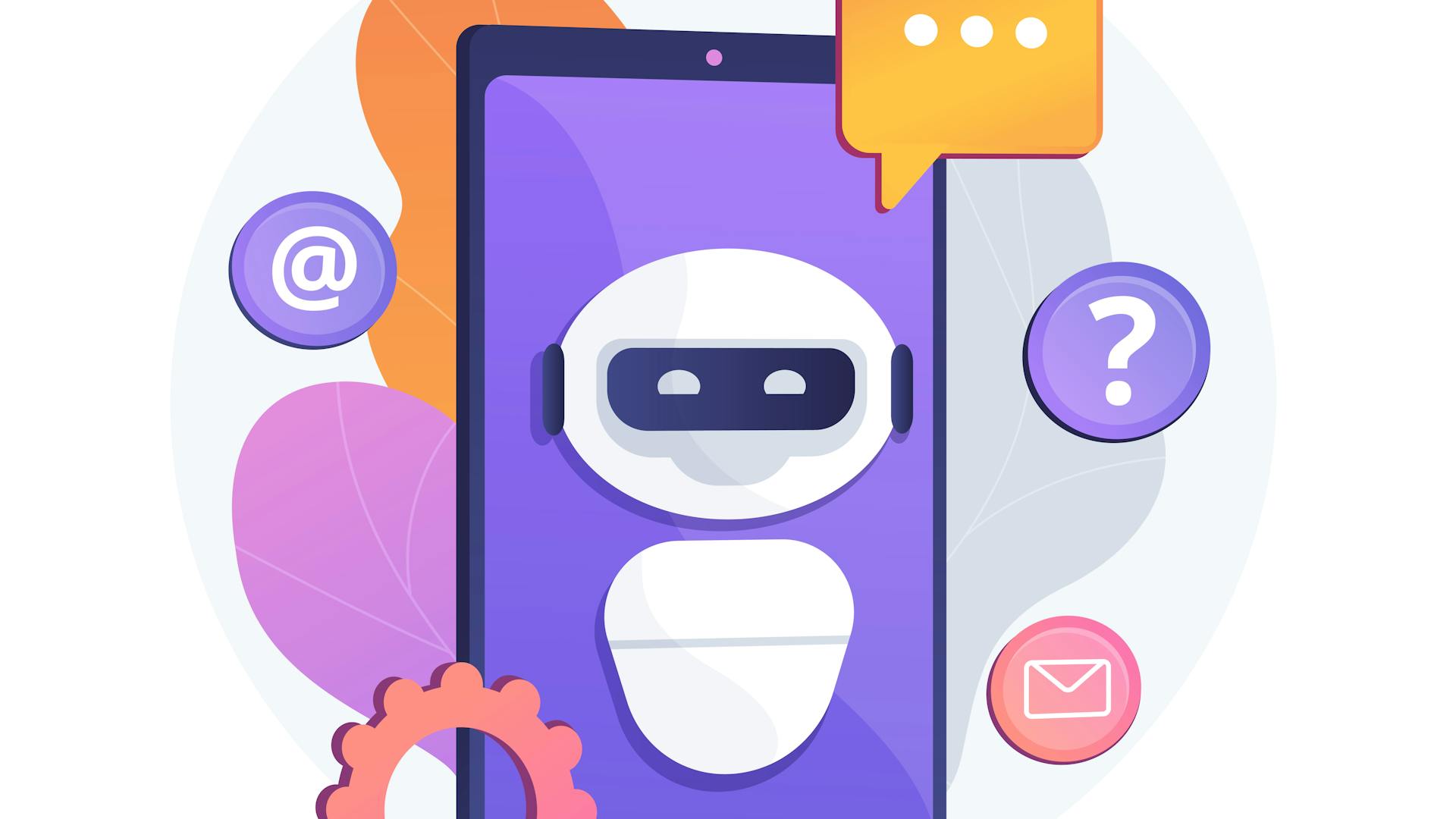Customer success is no longer just about measuring user adoption and churn; it’s about making sure your customers succeed with you at every step of their journey.
These days, customers have more options than ever before. They can easily hop from one solution to another, switching providers whenever they see fit. As a result, businesses must make customer retention a top priority and invest in strategies that strengthen the relationship with their users over time.
Customer service automation has emerged as a popular solution for streamlining processes, reducing manual efforts, and increasing agent efficiency.
Statistics show that 91.5% of leading businesses plan an ongoing investment in AI. Furthermore, customer satisfaction is expected to rise by 25% by 2023 in organizations that use AI.
As more businesses embrace automated customer service for their support teams, we have curated this article to shed more light on customer service automation, its definition, examples, benefits and more.
What is customer service automation?
Businesses can reduce human involvement in customer support by relying on customer service automation. Conversational AI solutions and other technological tools are used to carry out the tasks that customer support reps usually tackle.
The idea is not to eradicate the need for human customer service agents but to reduce their workload, enhance their overall efficiency and provide customers with a better customer experience.
People can handle some matters without assistance from customer service agents when they contact your company using an automated customer service system. According to Zendesk, 86% of consumers want self-service options online, and 60% of them prefer to deal with issues on their own when shopping online.
This explains why more companies and businesses are leaning towards automated customer support.
Types of customer service automation
There are several ways you can automate customer service for your business. Some notable examples include:
- Voice assistants
- Chatbots
- IVR
- Automated workflows
- Email automation
- Website knowledge bases
1. Voice assistants

AI-powered voice assistants are one the most advanced types of customer service automation as they are able to understand and analyze people's requests, including emotions and tone. They use Natural Language Processing (NLP), voice recognition, Artificial Intelligence and speech synthesis to analyze spoken commands and find the most suitable response.
The Artificial Intelligence platform is based on the neuro network and the best part is that you can automate it to set up various scenarios of issues your customers can face with the scenario builder feature. This allows the system to develop instant self-service solutions for your customers when they contact you.
vTalk.ai is a customer service software that allows you to set up automated voice assistants for your business. It is ideal for both inbound and outbound calls.
Automate and augment your outbound calling with AI-based voice assistants platform.
With vTalk.ai, you can also transfer calls to your human agents if a customer needs their assistance. The software's in-built analytics system also allows you to record calls, translate them to text and send SMS or emails based on the results of the calls.
You don't need to spend so much on hiring human agents, especially if you can not afford to. You can sign up on our website and leverage the power of voice assistant for your business with vTalk.ai.
Check Voice AI Bots for Customer Service Improvement from vTalk.
2. Chatbots

Have you ever logged on to a website and received a prompt asking if you needed any online assistance? You most likely have. That's a typical example of how a chatbot works for companies.
A customer support chatbot is software that uses machine learning and AI to replicate human conversations and answer customer queries through a messenger. It is one of the most common customer service tools and is excellent for providing customers with pre-programmed answers to their questions.
Chatbots use the knowledge base resources of your business, such as blog posts or FAQs, to respond instantly to customers and resolve their problems. You can also direct customers to the right customer service agent to attend to them based on their needs.
3. IVR

Interactive Voice Response (IVR) is an automated conversational marketing tool that responds to incoming customer calls and redirects them to the right human agent or self-service resources to resolve their problem.
IVR telephone system uses voice (pre-recorded messages) and a Dual Tone Multi-frequency (DTMF) system to answer callers and collect information from them without involving a customer support rep.
It serves as the first point of contact for customers that prefer calls over emails or chatbots, and we can find a typical example of this technology in banks.
The system prompts you to select options with your phone's keypad and provide information like your account number and the nature of the inquiry before providing feasible options to resolve the problem.
4. Automated workflows

To give your consumers a memorable customer experience, you need to automate some of your customer service processes and tasks. Not only does this give your customers a seamless experience, but it also boosts the efficiency and productivity of your customer support team.
Workflow automation also helps to minimize human error and save time. Businesses now understand the importance of incorporating workflow automation in their strategy to eliminate repetitive tasks and encourage collaboration amongst different teams and departments.
They use customer service automation solutions to give their customers the best service possible.
A survey by Salesforce revealed that 95% of leaders in the IT and Engineering sectors now prioritize workflow automation tools and strategies in their businesses to enhance customer satisfaction.
Some examples of tasks and activities you can automate for your business include
- Detailed reporting
- Data entry
- Tickets creation
- Tasks assignment
- Following up on leads
- Sending automated texts
- Internal collaboration and communication
- Generating product descriptions
- Automated responses
- Event registration, etc.
5. Email automation

Suppose you are a frequent online shopper or someone that carries out several activities online. In that case, you're probably familiar with instant emails confirming your transactions or information about the action you just carried out.
This is a perfect example of how email automation works.
Email automation in customer service has gained popularity over the years and is not declining soon. Both small businesses and big corporations leverage email automation tools to give customers personalized support throughout the entire customer journey.
You can send thousands of personalized emails instantly and simultaneously without stressing your support teams or worrying about errors.
Some examples of ways you can use email automation for your business to provide excellent customer service and build a community of loyal customers include:
- Transactional emails: This includes digital receipts containing details about an online transaction.
- Welcome messages: A warm, personalized welcome message to any customer who interacts with your business or subscribes to your list is a sure way to make them feel special. You can achieve this with an automated system.
- Helpful newsletters: These emails contain relevant content such as solutions to customer concerns, inventory updates or information about special offers and events.
- Follow-up emails: One sure way to build customer loyalty and trust is to re-engage with them often to check up on them and gather feedback about their experience with your company.
6. Website knowledge bases

An online knowledge base is a repository of helpful resources and information about a product, service or topic. We can call it a self-service library, carefully curated to solve problems for your customers.
For businesses, these could be in the form of FAQs, blog posts, video tutorials, and many more. The idea is to ensure that customers can easily access any information they need without having to contact a customer service representative.
Ideally, the content in your knowledge base has to be reliable, credible, up-to-date and organized by team members or experts in that particular field.
When you implement knowledge automation on your business website or software, it automatically suggests helpful content to customers in relation to their activity on your website.
Benefits of automating customer service
Automated support for businesses is an ideal customer service strategy that offers many benefits for your business.
Here are some benefits of automated customer service.
1. Reduced time and cost
When you automate customer support for your business, it saves your support team time. This is because automated customer service eliminates the need for tedious and repetitive tasks and encourages self-service options for your customers.
For instance, if it usually takes 20 minutes for a customer service team member to resolve customer complaints, with automation, they can successfully resolve such issues in less than 3 minutes and move on to the next customer.
Customers value their time and will always appreciate it when they do not have to spend so much time before they get solutions to their problems.
Also, automated systems reduce customer service costs for businesses, especially for startups and small businesses that can not afford the luxury of hiring several customer support reps at once.
2. 24/7 support
Automated customer service tools allow customers to get help whenever necessary without waiting for work hours. You can program your automation tools to collect helpful information that human agents can work on during open hours.
Having a reliable support system fosters healthy customer relationships. It builds brand trust and sets you apart from your competitors in the industry because your customer will know that they can always rely on you to solve their problems whenever they contact you.
According to statistics, 62% of customers are more likely to refer your business to their friends or family when you provide them with great service. So you need to go the extra mile to satisfy your customers.
3. Allows agents to focus on complex requests
Call center automation makes it easy for your support agents to focus on resolving more complex tasks instead of wasting their time on basic requests that a chatbot or an IVR system can resolve.
You have a reliable workflow when you implement an automated customer service software or solution. Your customers can interact with these systems before being redirected to human agents if the need arises.
This gives your team more time to focus on delivering an exceptional customer service experience to your clients.
4. Increases overall efficiency of the support team
Automating customer service reduces the pressure on your support team. It makes it easier for them to achieve their goals without feeling overwhelmed.
You might wonder why this is important. According to Business Automation Statistics by Imaginovation, "90% of employees feel burdened with repetitive and boring tasks that can be easily automated". This shows that even your employees appreciate automation.
When your support team is not burdened with tiring repetitive tasks, they have enough time to be proactive and to anticipate customers' needs before they arise. This increases their overall productivity and efficiency because their focus will be on positive results.
This ultimately results in satisfied customers that will stay loyal to your brand.
Customer service automation as a key for customer success
Consumer habits have changed over the years, and customers now expect businesses to keep up with the latest trends and changes in their demands.
If the State of Customer Service in 2021 report by Netomi is anything to go by, 65% of consumers have higher expectations for customer service today than five years ago.
Below are some ways automation can impact customer success
1. Customer autonomy
Automation gives your customers the power to find solutions to their problems. Customers today would rather find solutions for their problems than wait for live agents to attend to them.
They appreciate helpful resources like FAQs, blog posts and automated customer service systems when interacting with a brand. This saves them more time and reduces the need for unnecessary intermediaries when resolving a problem.
2. Quality service and consistency
Customer service automation improves the quality of service you offer to your customers and retains this quality across all aspects of their journey.
Automation guarantees consistency, which is very important to your potential and existing customers. They expect that your service delivery standard remains the same every time.
This can be an issue if you solely rely on human interaction because different factors can influence the quality of service they offer.
3. Effective communication
Establishing automated communication channels for your business makes it easy for you to stay in touch with your customers at every point in their customer journey.
Customers want to feel cared for and appreciated and will value a business that follows up on them and provides helpful resources and information.
Email automation, for example, can regularly check in on inactive customers and remind them why your business is the solution for their problem.
You don't need to spend so much on hiring human agents, especially if you can not afford to. You can sign up on our website and leverage the power of voice assistance for your business with vTalk.ai.
Conclusion
We have seen the many benefits automated customer service offers our customers and us.
Today, having excellent customer service for your business is non-negotiable. Regardless of the size of your business, there are many options available to fit your needs and budget.
Suppose you are looking for a cost-effective and reliable AI solution to provide reliable voice assistants for your business. In that case, you should sign up on vTalk.ai now to maximize automation at its best.
FAQ
How does automation improve customer service?
Below are some examples of how automation improves customer service.
- Automation saves time for your customers and customer service agents.
- Reduces unnecessary human errors that are associated with fatigue or other factors
- Empowers customers and encourages self-service
- Simplifies complex pro
What is the future of customer service?
Automation is the future of customer service. This does not eliminate the need for the human touch but will help us achieve better results and satisfy our customers better.
